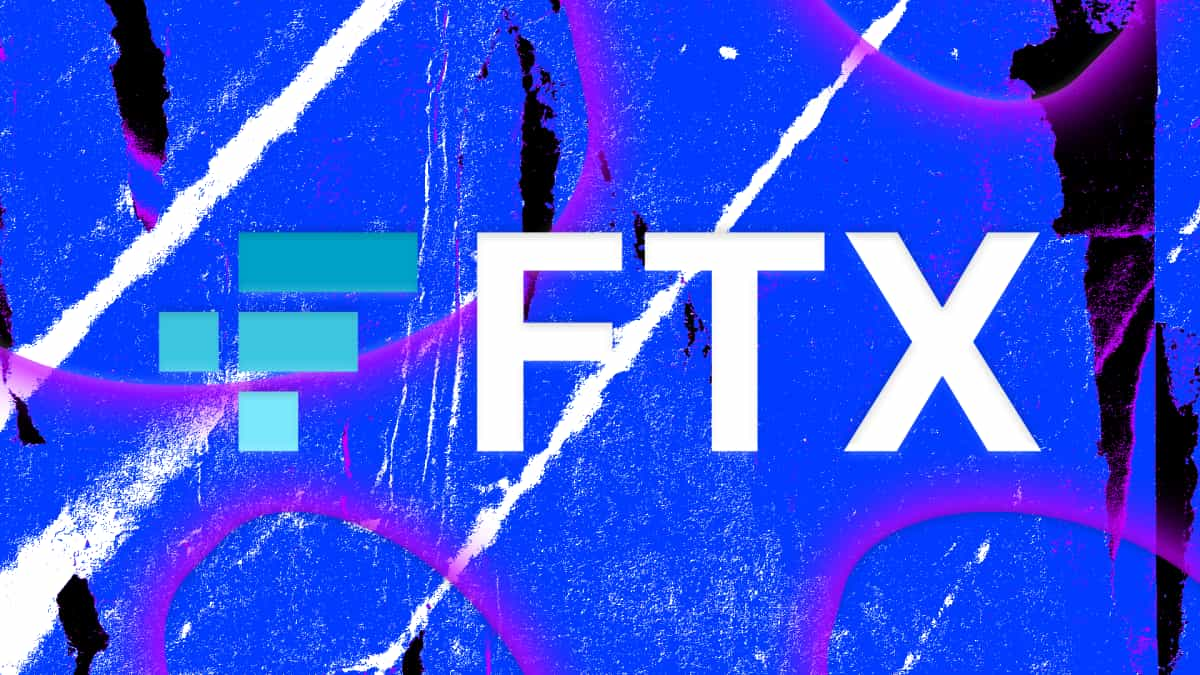Congressman calls on crypto exchanges and regulators to account for fraud and scams in crypto

Quick Take
- A subcommittee of the House Oversight Committee is looking for answers on cryptocurrency frauds and scams.
- A series of letters to regulators and exchanges ask them to return extensive documentation on their approaches within two weeks.

Crypto faces new scrutiny from the congressional financial watchdog.
In a series of letters sent on August 30, Rep. Raja Krishnamoorthi, D-Ill., called federal regulators and leading crypto exchanges to account for their work to combat frauds that use cryptocurrency.
Krishnamoorthi in particular attacked decentralization as a source of scams. The letters read: "The lack of a central authority to flag suspicious transactions in many situations, the irreversibility of transactions, and the limited understanding many consumers and investors have of the underlying technology make cryptocurrency a preferred transaction method for scammers."
Among regulators, the letters address the Treasury, the Securities and Exchange Commission, the Commodity Futures Trading Commission and the Federal Trade Commission. Meanwhile, recipient exchanges were Binance.US, Coinbase, FTX, Kraken, and KuCoin.
The letters call on recipients to return to the committee vast sets of documents touching on the regulators' and exchanges' policies and practices in relation to crypto scams and user security. Krishnamoorthi asks that they do so by September 12.
Krishnamoorthi leads the Subcommittee on Economic and Consumer Policy within the House of Representatives' Oversight Committee. The Oversight Committee is, by and large, not a place where a company wants to be in the spotlight. The committee has a broad jurisdiction but focuses on investigative scrutiny. Another subcommittee of the Oversight Committee held a hearing on the impact of crypto mining in January.
The logic for the exchanges chosen seems peculiar. Binance.US is the US branch of the largest global crypto exchange, Binance, which got no such letter. That is, despite FTX global receiving one, while FTX.US did not. KuCoin, meanwhile, is not licensed in the US. When reached, representatives for Krishnamoorthi did not provide an explanation. The list seems to mirror the five largest spot exchanges by volume on CoinMarketCap after Binance.
© 2023 The Block. All Rights Reserved. This article is provided for informational purposes only. It is not offered or intended to be used as legal, tax, investment, financial, or other advice.



